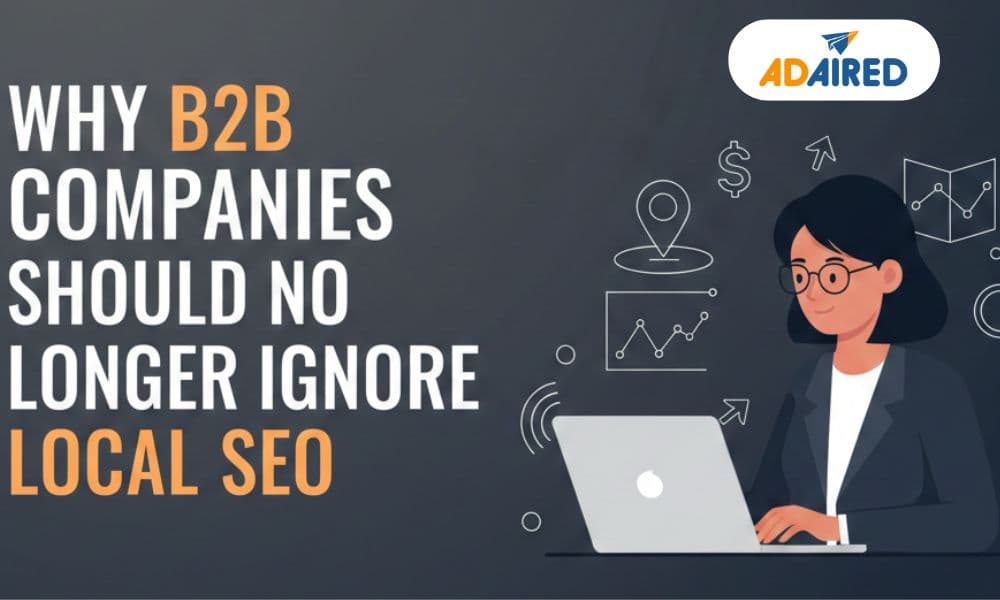Boost Your Business Growth with Professional Social Media Optimization Let’s begin with some interesting facts! Social media is where your aud...
Blog
Your website is no longer a web brochure. For most businesses nowadays, it is the front door, sales team, customer support desk, and brand ambassador...
In a highly competitive digital marketplace , your brand has only a few seconds to make an impression. Your customers will notice two things in th...
In today’s competitive online landscape, having a strong digital presence is no longer optional; it’s essential. Companies in various sectors are res...
Looking for website design services in the USA ? Bringing a website to life is more than just technical work. It’s a creative journey that brings ...
What if we told you that your biggest B2B competitors aren’t winning because they’re better? But simply because they show up first when your potent...







